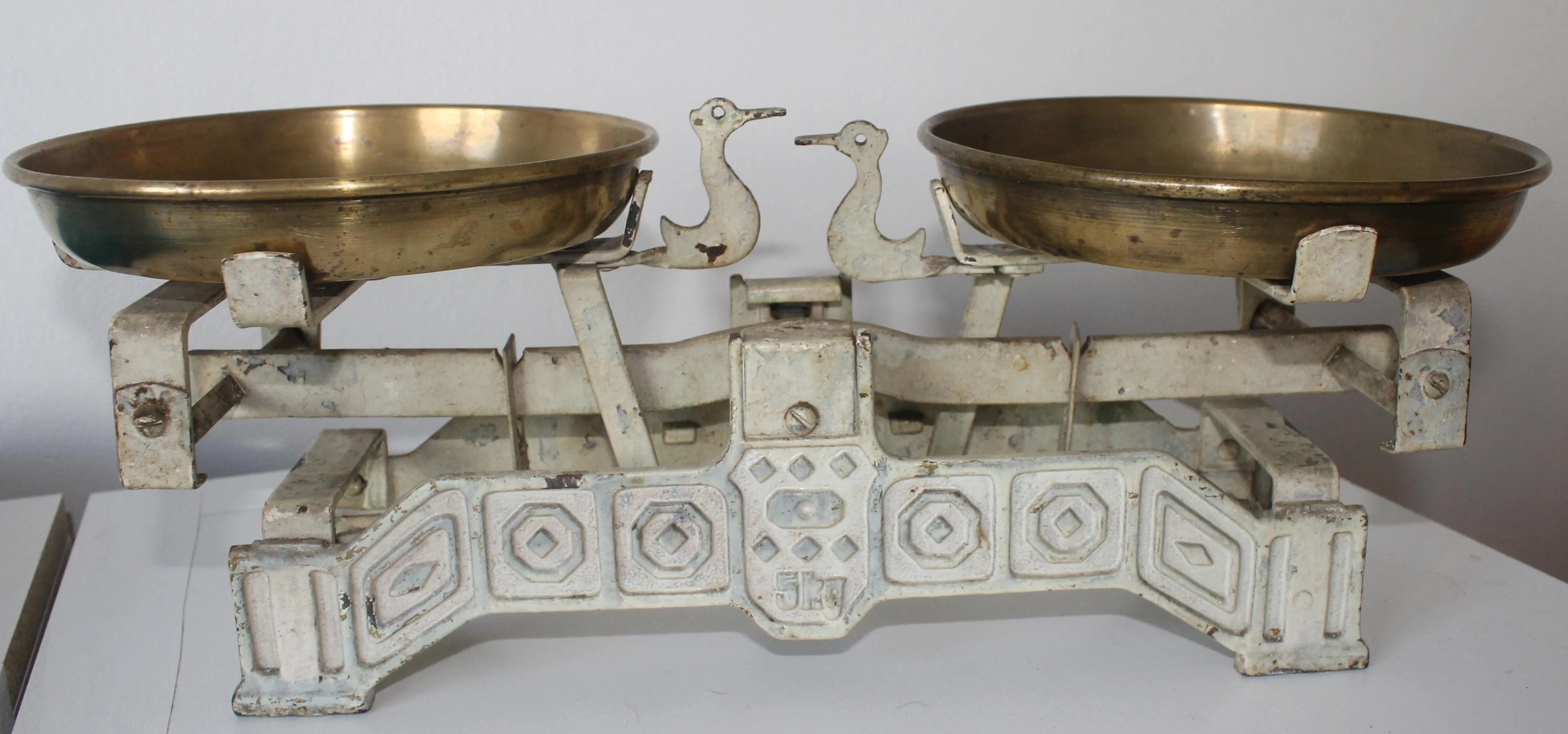
Partner Article
No paradox necessary in procurement balancing act
Balancing cost reduction with more strategic priorities in procurement doesn’t need to be a paradox.
The need to reduce costs is an ever-present concern for procurement departments and in 2016 it’s back at the top of the pile.
This was underlined by the Hackett Group’s latest survey of procurement executives across the globe, which found 85% of respondents ranked cost cutting as the number one concern.
Last year’s highest priority – elevating the role of procurement to a trusted advisor – has been bumped to the number two position.
The CPO Agenda reveals that increased economic uncertainty and business risk are driving this resurgence in cost reduction strategies. It also highlights weaknesses in four key procurement strategy areas: tapping supplier innovation, becoming a better strategic partner to the business, increasing spend influence and improving agility. Many respondents reported that they had limited ability to tackle them.
This might be due to a lack of capacity and limited skills development. Indeed the report revealed that procurement’s operating budget is expected to grow by only 1.1% in 2016.
But there might be another reason for procurement executives focussing on cost reduction above all else. Could it be due to the perception that a longer term, cross-business approach to procurement might distract from – or be incompatible with – the overriding priority to reduce costs?
In its 2016 report, the Hackett Group says that one of procurement’s greatest challenges is finding the right balance between reducing purchase costs and maturing procurement’s role from transactional facilitator to trusted business advisor.
Ironically, I would argue that one way for procurement departments to maximise cost cutting is by spending more time on becoming that trusted adviser - boosting their profile and credibility right across their organisation. This will ensure they are brought into strategic decision making at an earlier stage and have the chance to demonstrate the commercial insight and long-term value that procurement can deliver to a business.
I would also stress that focusing time on a range of strategic approaches can generate far deeper and sustainable savings than purely focusing on cost reduction. One example is better analysis of market data. Accessing independently sourced market information and also top quality category and supplier intelligence is important. But it’s when this market information is combined with a firm’s own spend data, that deeper ways to save are revealed, ie buying trends can be identified, compliance improved, demand forecasted and supply chain efficiency upgraded.
Yet over 50% of the procurement executives surveyed, revealed that they did not have a formal market intelligence programme or they are only in the very earliest stages of adoption. This indicates that many businesses still feel that time spent on this type of strategic work might infringe on their ability to reduce costs now.
It’s only when board directors give procurement teams the resource and platform to influence at the top table that they will realise quite the opposite is true.
This was posted in Bdaily's Members' News section by Steve Malone .
Enjoy the read? Get Bdaily delivered.
Sign up to receive our popular morning National email for free.








 Raising the bar to boost North East growth
Raising the bar to boost North East growth
 Navigating the messy middle of business growth
Navigating the messy middle of business growth
 We must make it easier to hire young people
We must make it easier to hire young people
 Why community-based care is key to NHS' future
Why community-based care is key to NHS' future
 Culture, confidence and creativity in the North East
Culture, confidence and creativity in the North East
 Putting in the groundwork to boost skills
Putting in the groundwork to boost skills
 £100,000 milestone drives forward STEM work
£100,000 milestone drives forward STEM work
 Restoring confidence for the economic road ahead
Restoring confidence for the economic road ahead
 Ready to scale? Buy-and-build offers opportunity
Ready to scale? Buy-and-build offers opportunity
 When will our regional economy grow?
When will our regional economy grow?
 Creating a thriving North East construction sector
Creating a thriving North East construction sector
 Why investors are still backing the North East
Why investors are still backing the North East